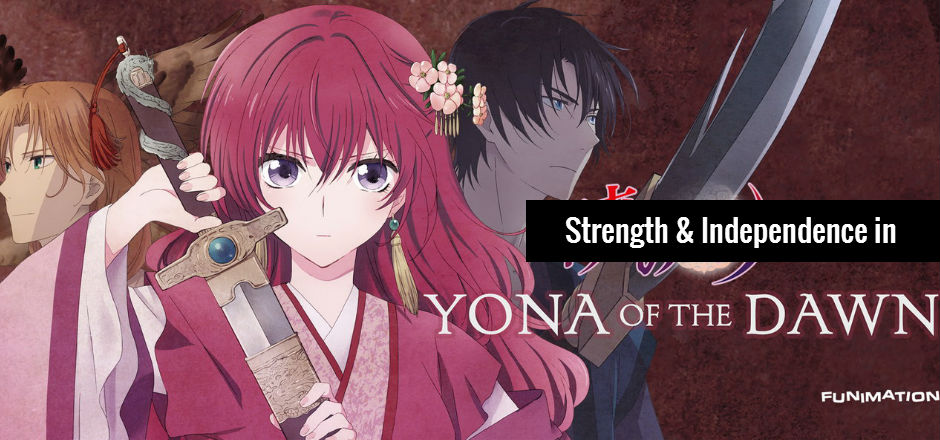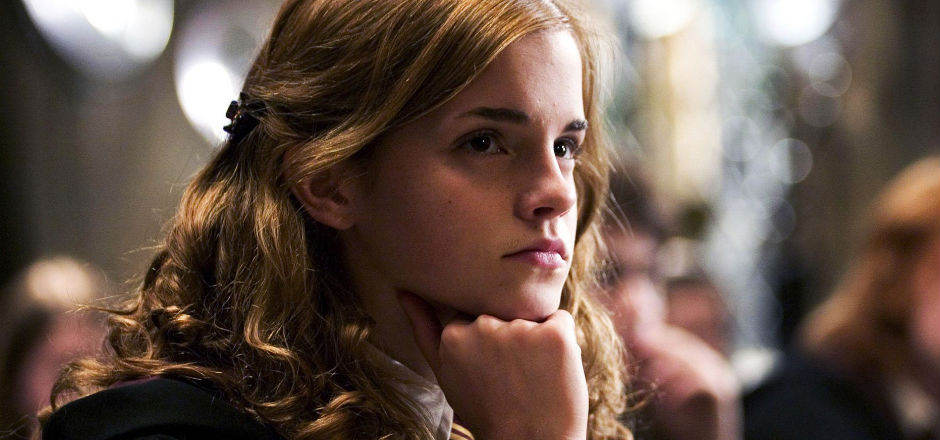Buffy: the Vampire Slayer appeals to teenagers and young adults because the creators and actors found a way to blend the thrilling heroics and fantasy with the things that real people go through. Buffy goes through a constant conflict of wanting to be normal and accepting her destiny as the “Chosen One.” Though not all girls have to worry about being called up as the next Slayer to fight evil, they do have to go through life balancing the expectations of others and society with their own needs, wants, and desires.
Buffy’s responsibilities shift as she grows up through the series despite her great desire to just be a normal girl (though this whole idea of a “normal girl” is foreign to all of us – Buffy was after a pipe dream, as we’ve all discovered that normal is relative as we’ve gotten older). At the top of the series she looks to be just a fifteen-year-old girl whose worries revolve around boys (or 230-year-old vampire hotties, but I’m just getting technical) and school rather than averting the apocalypse. By the time the fifth season rolls around her focus has shifted. She’s gotten into college and is juggling Slaying with school and a boyfriend in a secret military organization, as well as the season’s Big Bad named Glory, a hellgod with a lot of issues (not to mention the burgeoning obsession that Spike harbors for Buffy as he attempts to ingratiate himself in the Scooby gang).
To top it all off, her mother Joyce begins acting strangely and experiencing severe headaches. It turns out to be a brain tumor, and for the first time in the series the audience sees beyond the normal stressors on college age girls that also happen to be destined to fight all demons. In all seriousness, this is one of the reasons why Buffy is so powerful. It’s not always about romance and adventure, but the darker sides of life that some people have the ill luck to have to deal with.
Though Joyce’s story fights to be a prominent plotline, it’s not treated with the same level of urgency as the hellgod Glory’s attempts to obtain the Key, a mystical ball of energy made solid by monks to protect it from her use. The Key can be used to open portals to other dimensions, allowing all kinds of demons to enter the realm of the normal human beings. As it turns out, the bizarre ending to Season 4 is explained in Season 5. With the introduction of Dawn, Buffy’s younger sister, it was a bit of a shocker when she just appeared out of nowhere to seamlessly fit into Buffy’s life when she had been missing from the first four seasons.
Dawn’s secret is discovered when Buffy attempts to find a magical reason for her mother’s illness and strange behavior. Going into a type of magical trance to walk about the house with the ability to see magic, Buffy finds something hinky going on with Dawn, but ultimately finds something a lot scarier; unlike a spell that can be reversed or a demon they can fight, her mother’s illness is natural and just happened.
Usually TV shows use metaphors or allegories to approach topics (such as Willow’s magic addiction to relate to other addictions, or Tara’s family’s “demon” history as a reflection of mental illness and the resulting abuse from family members), but in Joyce’s case it’s dealt with head-on. Season 5 deals with the discovery of the problem, the process of testing and hospital visits, to surgery and recovery, and ultimately tragedy.
“The Body” was the episode where all of the characters hit the breaking point and became adults. Buffy was left with all of the responsibility for her family and the more tedious and stressful aspects of adulthood, such as bills. Willow dealt with the aspects of her personality that were still immature. Her clothing is always joked about in the fan base and it was addressed in a really serious way in “The Body,” as her panic attack over the fact that she has nothing appropriate to wear to the funeral. Anya has one of the most powerful monologues in the series in which she talks about how she doesn’t understand death, bringing to awareness the multiplicity of perspectives and experiences of people that you’ll meet.
By looking at Joyce’s illness and death, Buffy fans grew up a little bit. Though it was a really emotional storyline it was an important way in which Buffy was relatable to the viewers. In light of her mother’s death she wasn’t the Slayer, she was a young woman who had to deal with losing her mom and stepping into the role of head of the household, concerned with raising her sister properly and making sure they didn’t end up out on the street.








My mother has a brain tumor. The Body is one of the most powerful episodes ever on t.v.
It really is! Beyond everything else that happened on the show, I really feel like “The Body” is the one that’s the most real. Real in the sense that, in my opinion, this could actually happen and it’s terrifying and it makes you want your mother and it makes you realize that at some point you’ll have to grow up because that’s just how it works. I’m glad that you found the episode just as important as me.
An article that discusses Joss on killing characters and the fans’ reaction to “The Body.” http://www.huffingtonpost.com/2012/04/10/joss-whedon-buffy-deaths_n_1415968.html